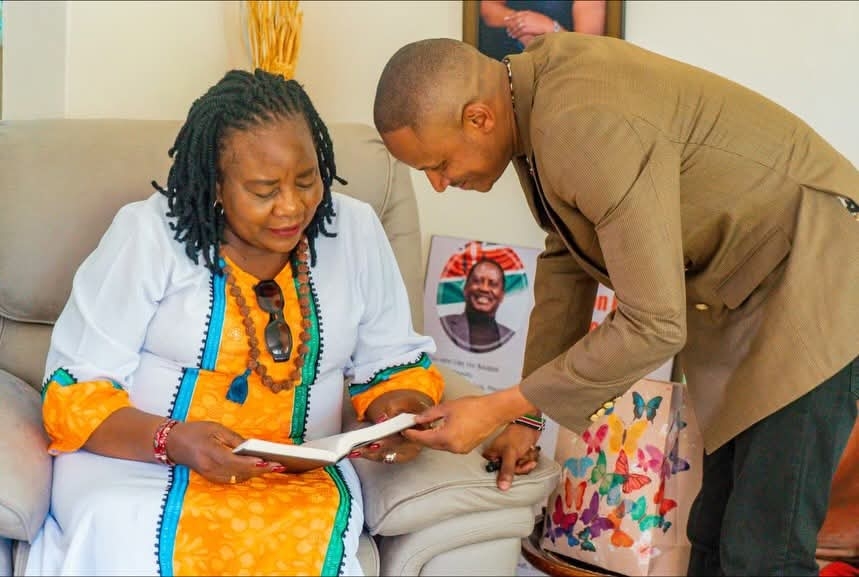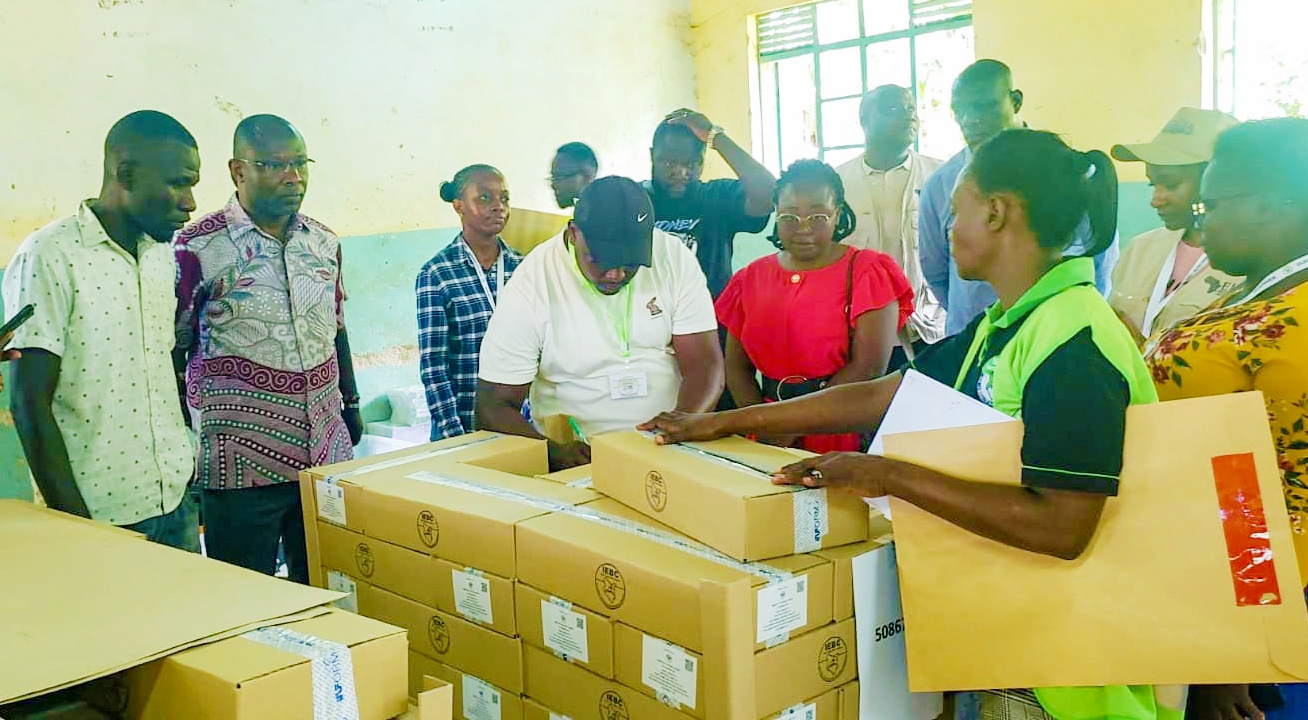Opinion is divided among Africans of diverse nationalities online after Kenyan content creator Elsa Majimbo sparked debate about the culture of sending money to relatives once one lands a job.
The practice is so common across the continent such that it's been christened 'black tax' to depict its predominance in African households including those residing abroad.
In the Kenyan context, money sent home by Kenyans living abroad in 2023 soared to a record $4.19 billion (Sh671 billion), a 4 per cent increase from $4.028 (Sh645 billion by January exchange rates) compared to similar period in 2022.
The rise was largely driven by growth in diaspora remittances from within Africa which grew by more than 50 per cent year-on-year in the 12-month period to November 2023.
Data from the Central Bank of Kenya (CBK) shows that between January and July this year, diaspora remittances stood at $2,075 billion (Sh267.74 billion), signifying continued commitment by Kenyans abroad to change things back home.
But Elsa, who currently resides in Los Angeles, the US, thinks giving money to relatives is hogwash and close family relations expecting her to do so are in for a rude shock.
In a video posted on TikTok and shared widely on X, Elsa said “sending money back home to your extended family is such a common African practice that I absolutely hate”.
“I saw my dad doing it with his brothers, sisters, his grandparents [and] parents; like everyone in the family as long as you have a job they expect you to share that money accordingly and that is something I will not be participating in,” Elsa said.
She went into specifics and called out an extended family member who she said has been asking for financial help from back when she was still a child and is still doing it now.
“She used to ask my dad for money and she texted me, she asks me for money. You’ve been asking my dad for money way before I was born. I was born, I was raised, I grew up now you are asking me for money. I’m not feeding your habit. Clearly, you are too lazy to be alive; I’ll let you starve,” Elsa said.
X users from across the continent gave varied views on Elsa’s stern conviction with some supporting her stance while others differing sharply with her saying she was speaking from a position of privilege.
“This is actually pretty disgusting, they are poor, not lazy. Kenyans make less than $3.20 (about Sh400) a day on average; almost two-thirds of the population lives below the poverty line. This level of selfishness/individualism is a byproduct of Western influence,” one said.
“I’m always happy to give to family back in Nigeria. I’m privileged to live abroad, and when you understand that most people back in Africa aren’t lazy, but suffering systemic failure, you’ll be kinder to them,” added another.
Another user said, “We can't eat everything we work for, and at times if you remember the helping hands people gave you in your lowest moment you will definitely consider to give”.
A couple of others sided with Elsa saying the habit of sending money back home to relatives fuels dependency syndrome and quite literally turns the giver into some sort of money minting machine.
“The problem isn't helping every now and then. It's more of turning family in the diaspora to be their lifeline and ATM calling for help for everything. Africans should rise and hold their government accountable,” one said.
“A lot of these so-called uncles and aunties have this crazy entitlement spirit. They feel like it is a must for their brother to give them money,” another user opined.
“But I understand where she is coming from. At some point one has to have shame in asking, you can’t be asking from my mother then now it’s me and surely it will be my son next. When does the cycle break? asked another.
“Huh? Sis is a well-renowned chess player. She’s entitled to feel how she feels!” quipped another user in response to another comment that said Elsa had no right to call people lazy considering she “got rich accidentally from videoing herself eating chips”.
“I don't think she has a problem sending money home. I think the problem lies when they say they need it for one thing and then do the opposite. Some relatives abuse it,” one other user came to her defence.
A couple of other users said the practice of helping relatives back home is not predominantly African as vast majority of people who come from developing countries in Asia, Latin America and Arabic countries send money back to families.
“This is very common in Asia too, my dad frequently sends money back home which had paid for my cousins’ weddings, my uncle's wedding, and my cousins living situation, my grandmother’s money and her caretakers. My dad is constantly being taken advantage of - And while we had conversations about it, at the end of the day family is family,” one said.

















